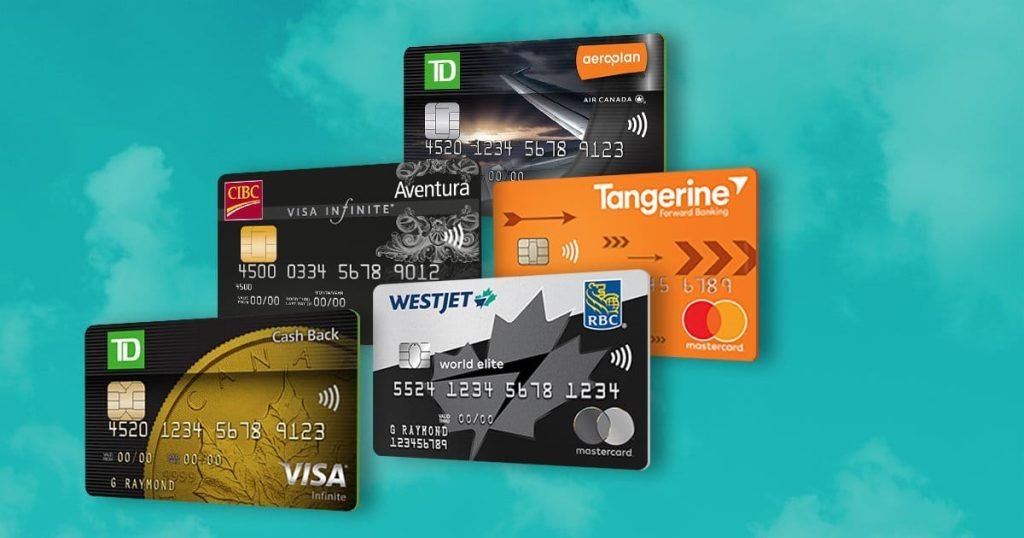Embarking on your journey as a student often comes with newfound independence and responsibilities, including managing your finances. A credit card can be a valuable tool in this process, helping you build credit, learn financial responsibility, and handle unexpected expenses. However, not all credit cards are created equal, and choosing the right one for your student’s life requires careful consideration. In this guide, we’ll walk you through the process of selecting the best credit card for students, ensuring that you start your financial journey on the right foot.
Understanding Student Credit Cards
Student credit cards are specifically designed to cater to the unique financial needs and limited credit history of students. They often come with lower credit limits, more accessible approval criteria, and features that can help you establish and improve your credit score.
Step 1: Assess Your Needs
Before diving into credit card options, assess your financial needs and goals:
- Credit Building: Are you looking to build or establish credit?
- Emergency Expenses: Do you want a card for emergencies and unexpected costs?
- Rewards and Perks: Are rewards or cashback incentives important to you?
- Financial Responsibility: Are you ready to manage credit responsibly?
Step 2: Check for Student Offers
Many banks and financial institutions offer credit cards specifically designed for students. These cards often come with features tailored to student life, such as lower interest rates and rewards on common student expenses like dining and groceries.
Step 3: Compare Interest Rates and Fees
Look for credit cards with low-interest rates and minimal fees. Since you’re just starting your financial journey, it’s essential to avoid high-interest cards that could lead to debt if not managed responsibly.
Step 4: Understand Credit Limits
Student credit cards typically have lower credit limits compared to regular cards. While this may seem limiting, it can help you practice responsible credit usage and prevent overspending.
Step 5: Consider Rewards and Incentives
Some student credit cards offer rewards or cashback on specific categories, such as dining or gas. These rewards can be an added benefit, but prioritize responsible credit usage over rewards.
Step 6: Review Credit-Building Features
Look for credit cards that report to credit bureaus. Responsible usage and timely payments will positively impact your credit score over time, setting you on a strong financial foundation.
Step 7: Learn About Responsible Credit Usage
Before getting a credit card, educate yourself about responsible credit card usage. Understand concepts like credit utilization, on-time payments, and the potential consequences of carrying a balance.
Step 8: Apply Wisely
Once you’ve compared options and have a clear understanding of the card’s terms, apply for the credit card that best suits your needs. Be sure to provide accurate information on your application.
Step 9: Establish Good Habits
Once you receive your credit card, focus on establishing good financial habits:
- Pay on Time: Always make on-time payments to avoid late fees and maintain a positive credit history.
- Keep Balances Low: Aim to keep your credit utilization below 30% of your credit limit.
- Budget: Create a budget to track your spending and ensure you can pay off your credit card balance.
Step 10: Monitor Your Credit
Regularly monitor your credit reports to ensure they are accurate and to track your credit-building progress.
Conclusion
Choosing the best credit card for students is a significant step toward establishing a strong financial future. By understanding your needs, comparing options, considering fees and rewards, and practicing responsible credit usage, you can make an informed decision that sets you up for success. A student credit card, when used responsibly, can be a powerful tool in your financial toolkit, helping you build credit, learn essential money management skills, and confidently navigate your student years and beyond.
